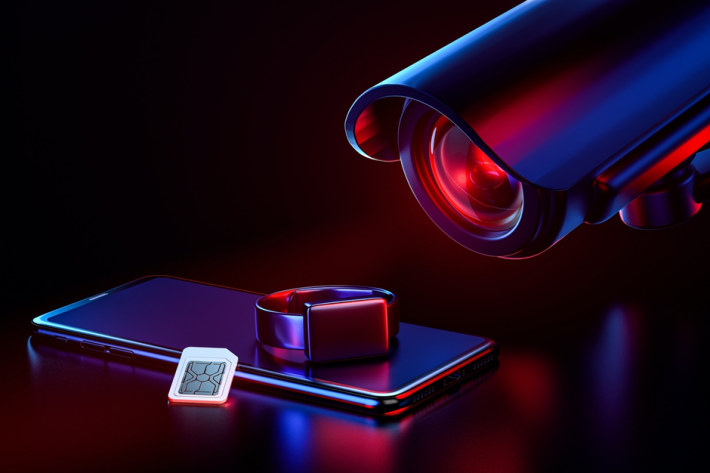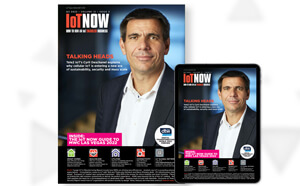Today, there are digital health programs delivered through mobile devices and facilities using Point of Care to Improve Healthcare Delivery, mentioned Intel Corporation in the Health IT Solution Brief. Healthcare organizations that provide health services through mobile devices (smartphones and tablets) ought to take security seriously, explained Intel, in order to protect individuals’ electronic protected health information (e-PHI) flowing over wireless networks. It is vital to protect and secure the health information that patients entrust to health providers, when using mobile devices, notes HealthIT.gov.
Forward-thinking mobile operators will find that encryption and authentication are already apt security measures when engaging in Health IT; these measures can assure patients that their information and identity will be protected, IT security experts say. Alternatively, one can turn to a digital security expert, such as Gemalto, for protecting personal health data while securing a mobile infrastructure. The company offers a complete eHealthcare IT system and a one-stop-shop for developing innovative M2M and Internet of Things solutions. M2M has a critical role in security when it comes to connected devices, such as those integrating M2M in medical devices, to optimize workflows and improve treatments regarding mobile healthcare (mHealth).
This week, Gemalto announced that its Cinterion M2M technology, a new module that can communicate over cellular networks providing Edge-to-Enterprise (E2E) connectivity that enables the Internet of Things (IOT), is preparing wireless cellular connectivity for the next-generation of pill dispensers, reported a Globe Newswire post that appeared on the MarketWatch.com website. The post explained that a new, innovative dispenser, which has been developed by MedMinder, is now equipped with Gemalto’s advanced M2M module. The solution enables physicians and caregivers to log on to MedMinder’s secure Web interface, at any time, to observe medication adherence, and/or changes in medication usage of the pills recipient take, or not consume.
The Gemalto Cinterion PHS8 module, is said to be the slimmest M2M module on the market; it “is ideally suited to MedMinder’s compact solution,” stated Paul Kobos, Head of M2M Sales for Gemalto North America. He also explained that the integrated pill dispensers are able to monitor the medication usage thanks to the exchange of data, over wireless network, between the pill box and a central server. In this manner, the Gemalto M2M solution, which “provides 24/7 automated communication between the pill box, patient, doctor and medical alert monitoring center,” is an apt service for facilities interested in mHealth.
What’s more, the new, innovative dispenser (PHS8 module) enhances communication between patients and caregivers, as the connection established with the pill dispenser allows sending reminders via text message, email or by phone calls. Furthermore, with the push of a button, it can open a two-way voice channel and sound a medical alert that will notify a monitoring center in case of an emergency, said Eran Shavelsky, CEO of MedMinder.
Overall, the “Gemalto M2M technology truly impacts patients’ day-to-day care while protecting data and can be seamlessly integrated into healthcare IT systems,” says Kobos. He believes such a pill dispenser is essential, and yet convenient, for patients’ use as it is an all-in-one solution for tracking the proper intake of medications, sending medical alerts, timely refilling orders and improving prescription compliance.






